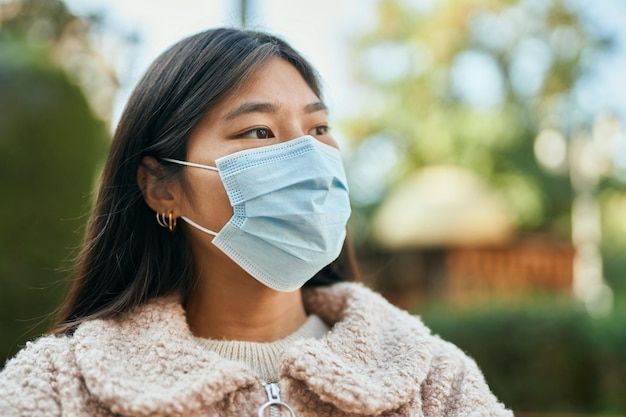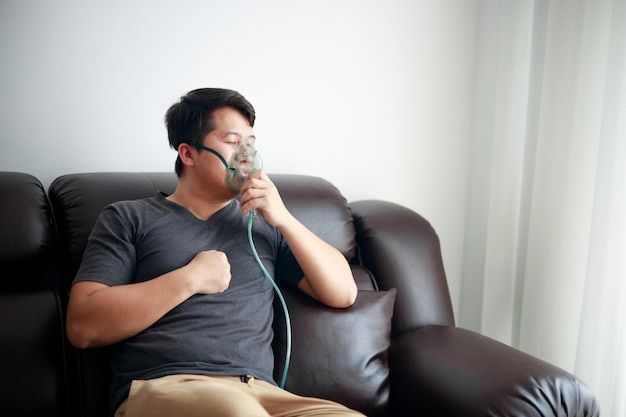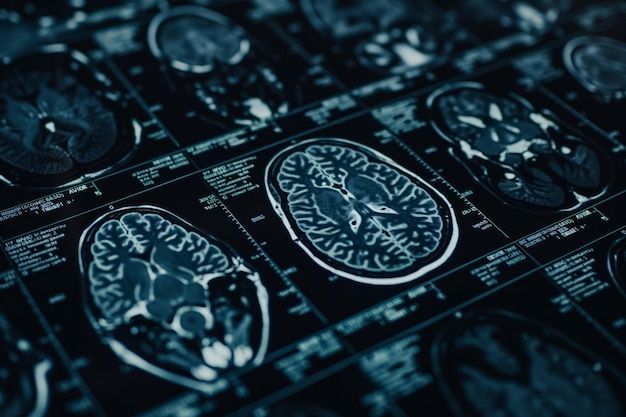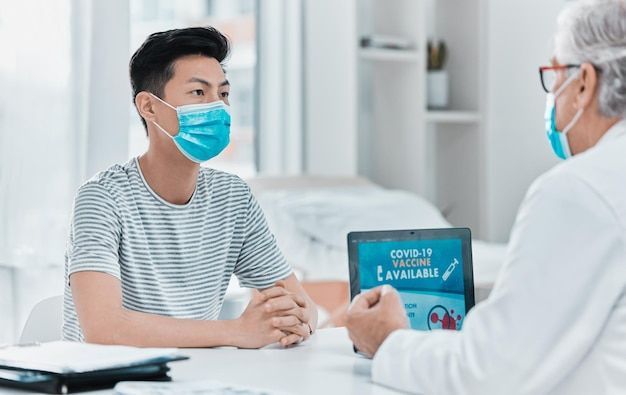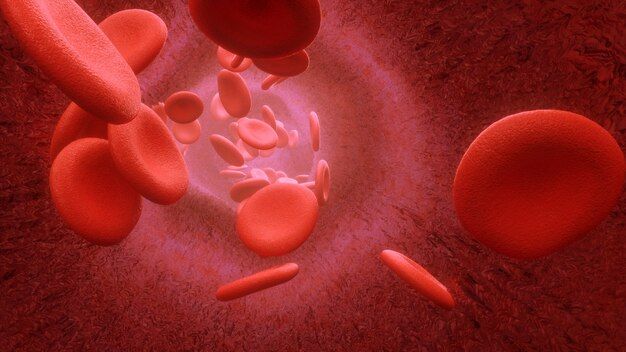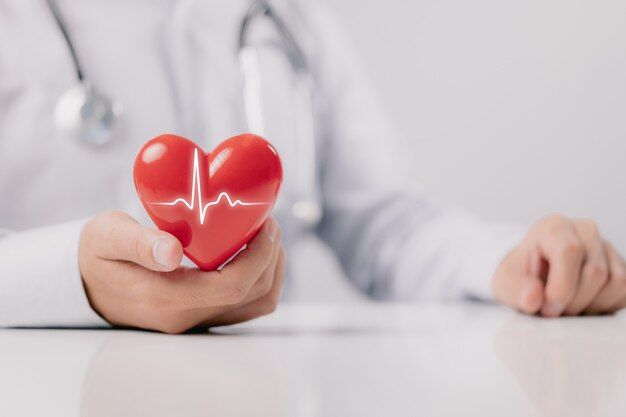TREATMENT AND PREVENTION OF TUBERCULOSIS
By: ICMO
What is Tuberculosis
Tuberculosis (TB) is an infectious disease caused by Mycobacterium tuberculosis, a bacterium that usually attacks the lungs but can attack any part of the body. These bacteria are spread through droplets released in the air from a cough or a sneeze.
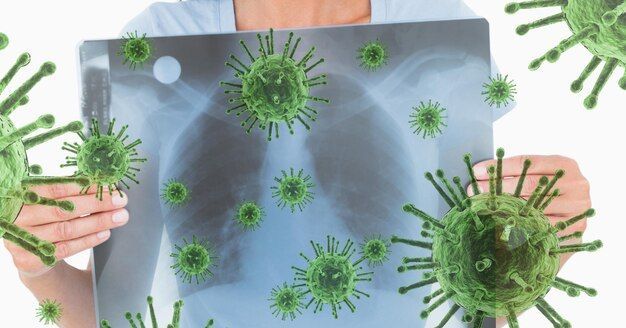
Latent TB
The bacteria remain inactive in your body and cause no symptoms. While inactive, a person with latent TB infection cannot infect others. However, inactive TB can become active thus making treatment integral to control the spread of infection.
Active TB
A person with Active TB displays noticeable symptoms and is capable of spreading the infection to others.
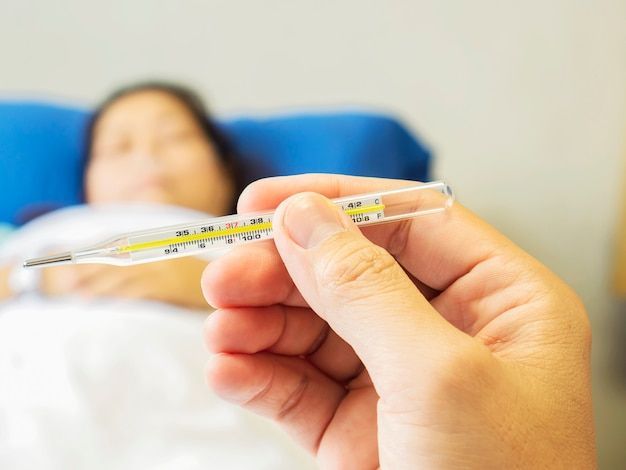
- Coughing for three or more weeks
- Coughing up blood
- Chest pain, pain when breathing or coughing
- Unintentional weight loss
- Fatigue
- Fever
- Night sweats
- Chills
- Loss of appetite
TB is a potentially serious infectious disease and would need medical attention and treatment. It is treatable and curable with standard treatment lasting for 6 months.
Symptoms and Signs of Active TB
Clinical and Physical Exam
Your physician will ask for the symptoms that you are experiencing, check your lymph nodes if there is swelling, and listen to the sound of your lungs while you are breathing using a stethoscope.
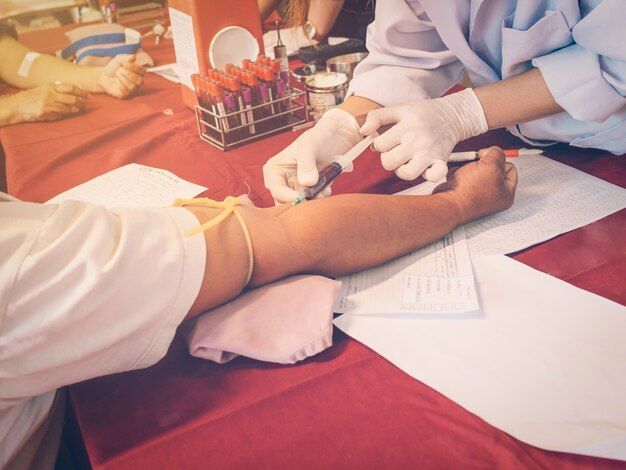
Chest X-ray
Chest x-ray is a rapid and sensitive imaging tool for screening TB. This may show white spots or may reveal changes in your lungs caused by an active TB infection.
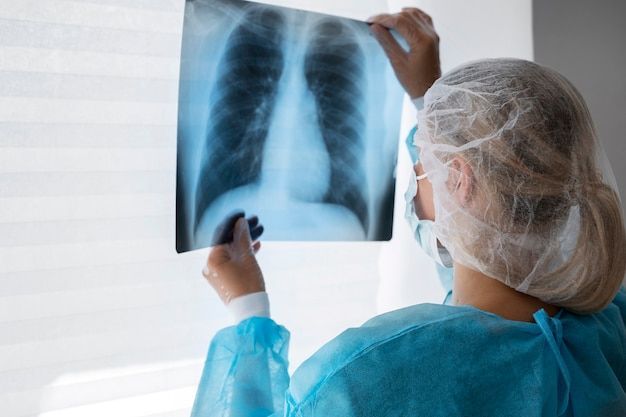
Sputum Test (Acid – Fast Bacillus (AFB) & Xpert MTB)
The mucus that comes up when coughing will be tested for TB bacteria.
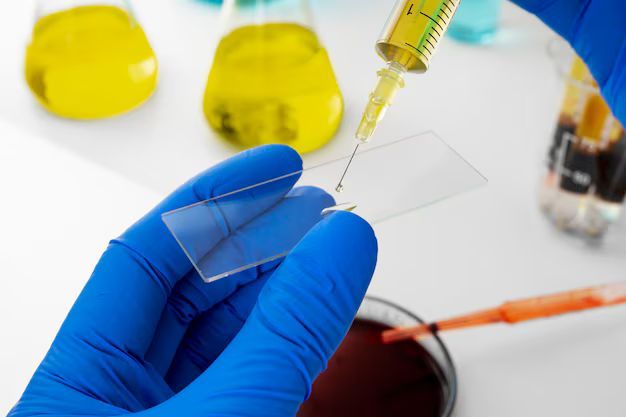
Tests are needed to confirm TB infection.
Testing and Diagnosis
Treatment
Medication is the most effective treatment for TB. The standard medication process lasts for at least 6 months. Proper intake, schedule and duration of medicine are crucial to avoid building resistance.
Who will guide you in your treatment?

Physician

TB DOTS Nurse

Treatment Partner
A relative assigned during TB DOTS Seminar who will guide you and who will ensure that you take your medications on schedule.
Side effects may be experienced during medication. Your pulmonologist will discuss this with you. If you are experiencing severe side effects, discuss it with your doctor immediately.
PROTECT YOUR FAMILY AND FRIENDS
It takes a few weeks for an active TB to be not contagious anymore. During infectious state, follow these steps to protect your loved ones from getting infected:
Self Isolate
Stay at home and do not sleep in a room with other people.
01
02
Increase Ventilation
03
TB bacteria spread more easily on spaces where air does not move. Open windows and use fan to blow air outside.
04
Cover your Mouth
05
Practice cough and sneeze etiquette. Always cover your mouth when coughing, sneezing and even when laughing. Place used tissue in a bag, seal it and throw it away.
06
Wear a surgical mask, During the first weeks, wearing a mask minimizes the risk of transmission.
DISCLAIMER
All content found on the DLSUMC website, including text, graphics, images, audio or other formats were created for general informational purposes only and are not intended or implied to be substitutes for professional medical advice, diagnosis or treatment.
If you think you may have a medical emergency, call your doctor, go to the emergency department, or call your local emergency hotline immediately.

